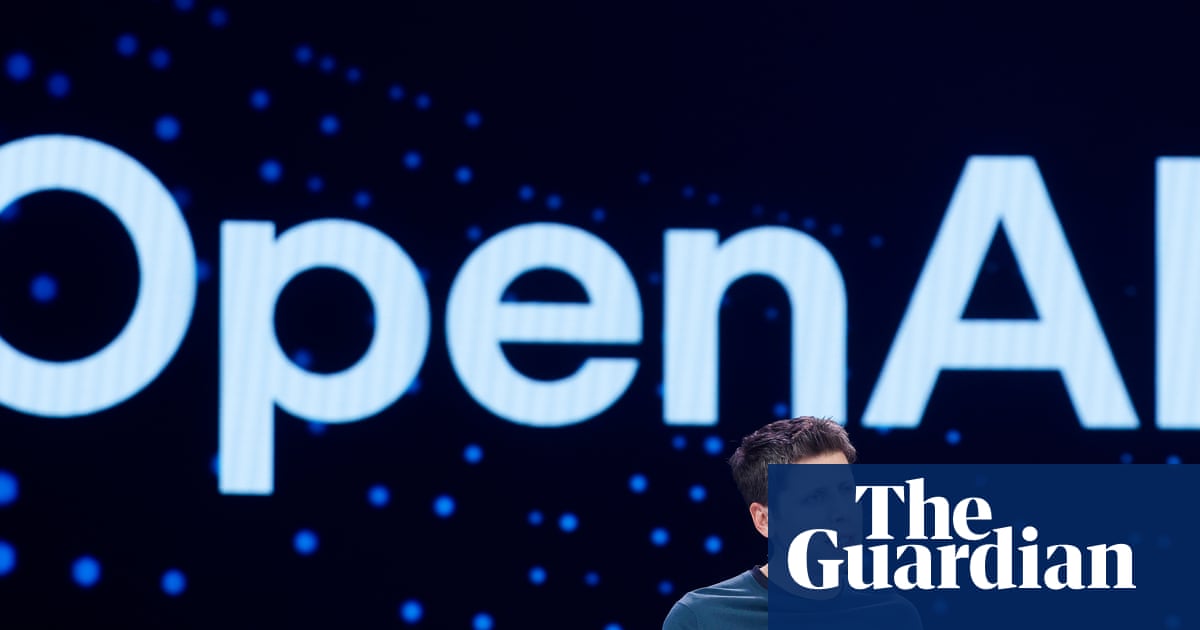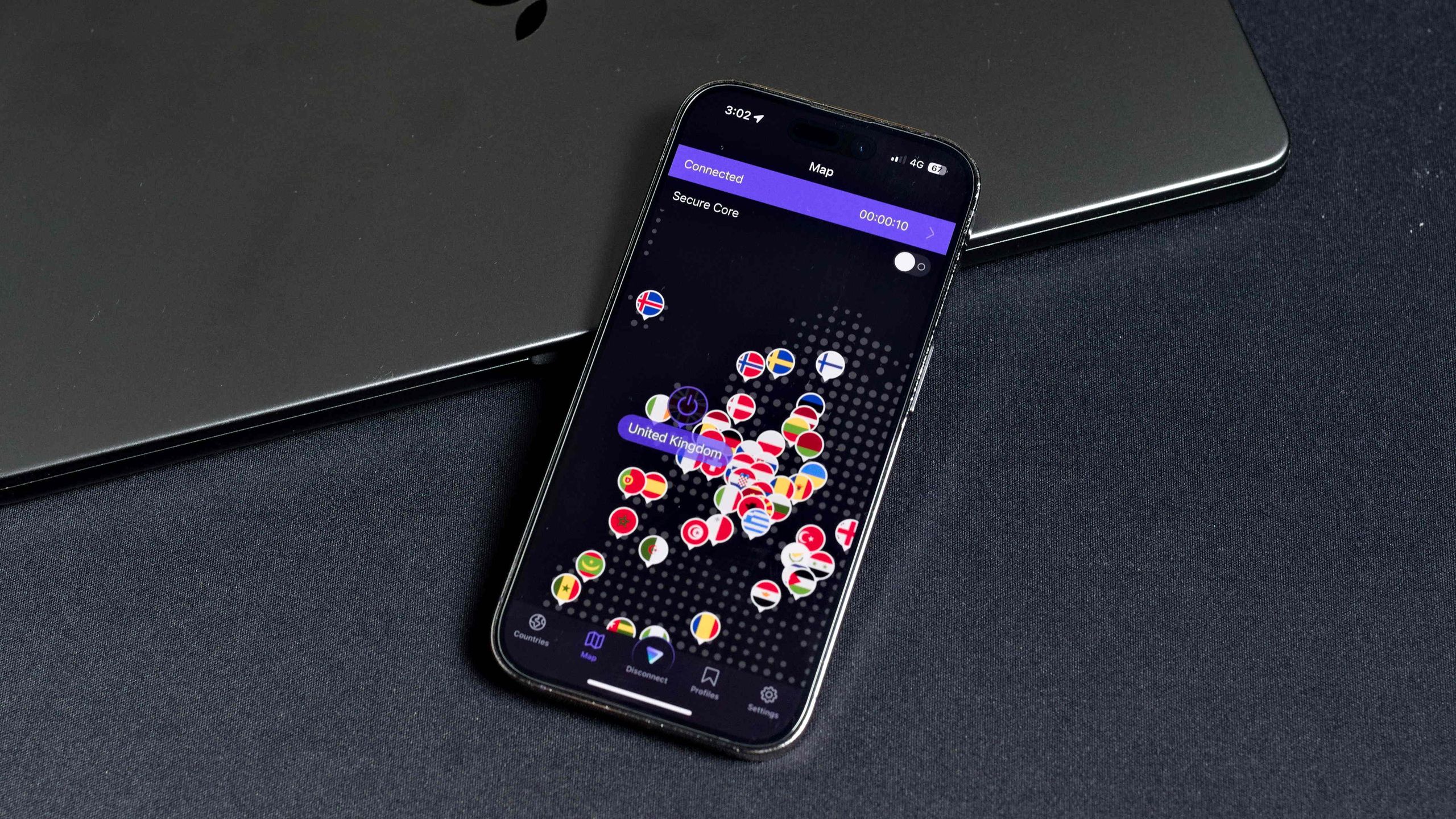OpenAI said on Tuesday it had converted its main business into a for-profit corporation, the conclusion of a lengthy and fraught legal saga.
A regulator crucial, Kathy Jennings, the Delaware attorney general, said she approved the plan for the startup, which began as a non-profit in 2015, to change to a public benefit corporation, a type of for-profit entity that expresses commitment to improving society.
The company also said it had reorganized its ownership structure and signed a new agreement with its longtime backer Microsoft that gives the software giant a roughly 27% stake in OpenAI’s new for-profit corporation, but changes some of the details of their close partnership. OpenAI was valued at $500bn under the terms of the deal, making Microsoft’s stake worth more than $100bn.
The restructuring paves the way for the ChatGPT maker to more easily raise capital and profit off its artificial intelligence technology, even as it remains technically under the control of its own original. non-profit entity.
Jennings said in a statement she did not object to the proposal, seemingly bringing to an end more than a year of negotiations and announcements about the future of OpenAI’s governance and the power that for-profit investors and its The non-profit board will have over the organization’s technology. The attorneys general of Delaware, where OpenAI is incorporated, and California, where it is headquartered, had both said they’re investigating the proposed changes.
OpenAI said it completed its restructuring “after nearly a year of engaging in constructive dialogue” with the offices in both states.
“OpenAI has completed its recapitalization, simplifying its corporate structure,” said a blog post on Tuesday from Bret Taylor, the chair of OpenAI’s board of directors.
Elon Musk, one of the co-founders of OpenAI and a former ally of Altman, had challenged the conversion with a lawsuit, which he dropped once and refilled before making a surprise bid of nearly $100bn to take control of the startup.
after newsletter promotion
“The non-profit remains in control of the for-profit, and now has a direct path to major resources before AGI arrives,” Taylor said.
AGI stands for artificial general intelligence, which OpenAI defines as “highly autonomous systems that outperform humans at most economically valuable work”. OpenAI was founded as a non-profit in 2015 with a mission to safely build AGI for humanity’s benefit.
OpenAI had previously said its own board will decide when AGI is reached, effectively ending its Microsoft partnership. But it now says that “once AGI is declared by OpenAI, that declaration will now be verified by an independent expert panel”, and that Microsoft’s rights to OpenAI’s confidential research methods. “will remain until either the expert panel verifies AGI or through 2030, whichever is first”. Microsoft will also retain some commercial rights to OpenAI products “post-AGI”.
Microsoft put out the same announcement about the revised partnership on Tuesday but declined further comment.
Going forward, the non-profit will be called the OpenAI Foundation and Taylor said it would grant out $25bn toward health and curing diseases and protecting against the cybersecurity risks of AI. He did not say over what time period those funds would be disbursed.
Robert Weissman, co-president of the non-profit Public Citizen, said this arrangement does not guarantee the non-profit independence, likening it to a corporate foundation that will serve the interests of the for-profit.
Even as the non-profit’s board may technically remain in control, Weissman said that control “is illusory because there is no evidence of the non-profit ever imposing its values on the for-profit”.











